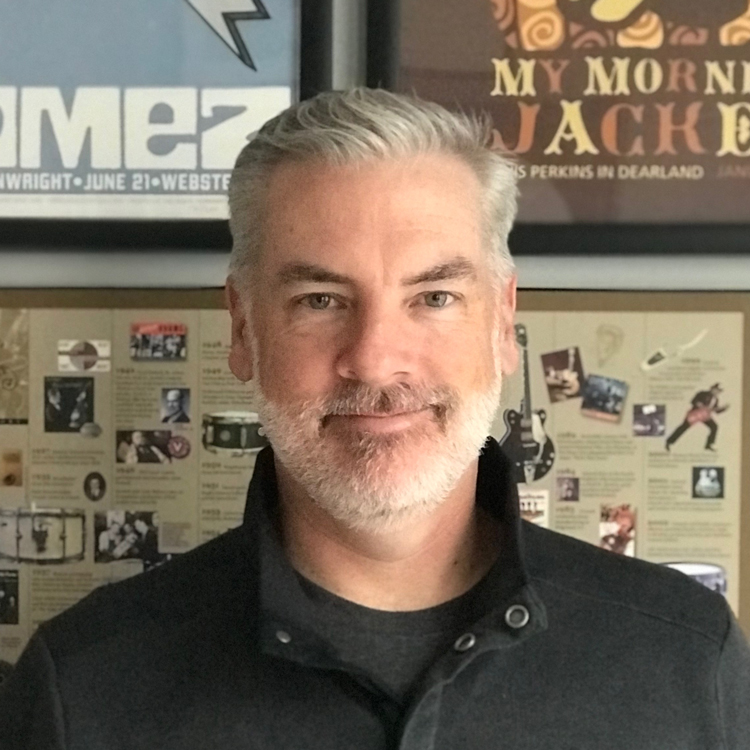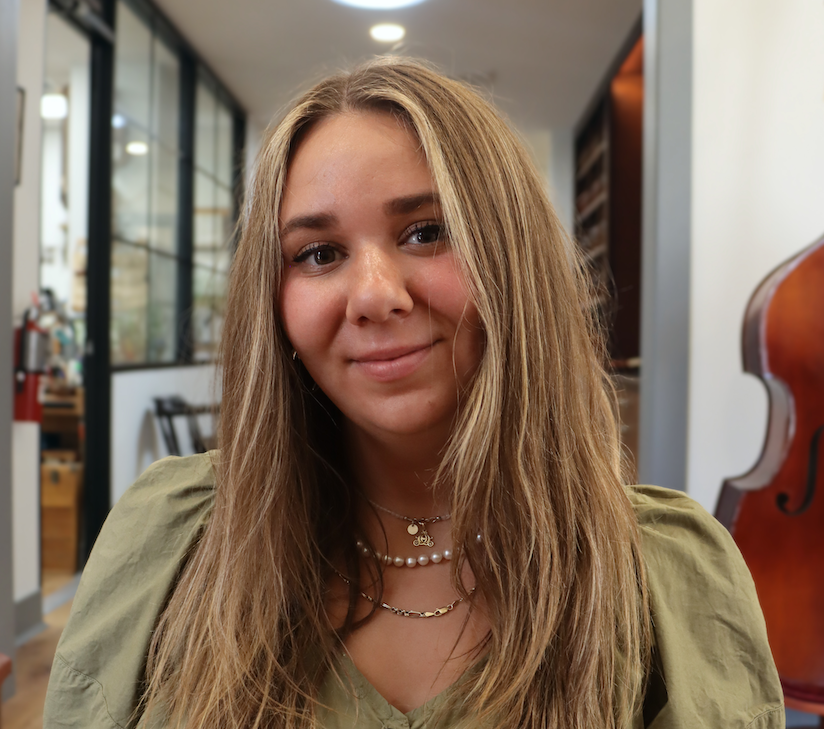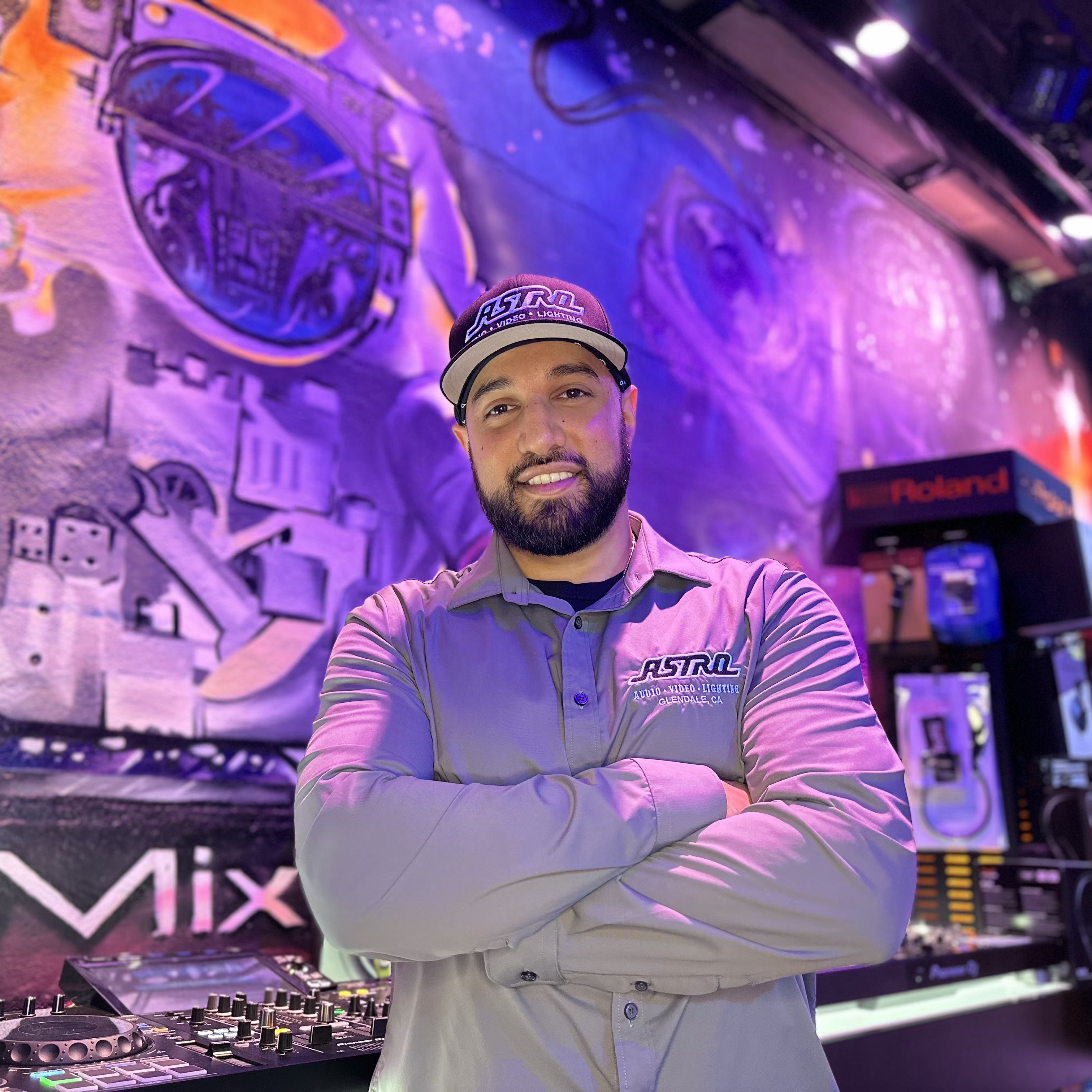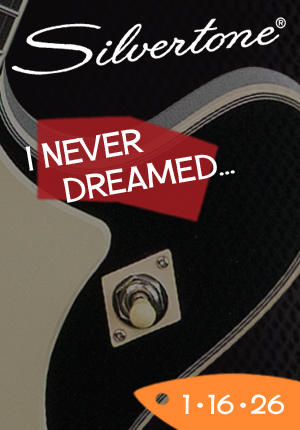Just over a year ago, I wrote my first column for Music Inc. and it was titled “Adapt, Evolve, Survive.” We were at the beginning of the pandemic and none of us knew exactly what was in store for us personally or professionally. What we did know is that we’d have to make significant changes to how we engage with the world around us during the months ahead.
As the economy continues to reopen, allowing consumers to venture out and engage in pre-pandemic behaviors with greater confidence, it’s a good time to reflect back on some lessons learned or new processes adopted during the last year. As Winston Churchill said near the end of WWII, “Never let a crisis go to waste.” We’ve heard this expression used in the business world many times. When we’re in the midst of a business crisis and need to adjust our thinking and business practices in order to survive, it’s an opportunity to strengthen the business and develop a competitive advantage that lasts far longer than the moment of crisis.
If we view all of our pandemic-driven adaptations as temporary measures and choose to abandon them as life returns to normal, we will have wasted this crisis. We should be asking ourselves: “What worked?” “What didn’t?” “What was strictly temporary?” and “What should be maintained to give our business a competitive advantage?” From curbside pick-up to virtual music lessons, there are myriad new approaches to doing business in the music industry brought on by the circumstances of the last year.
In most cases, the new strategies and practices that should be kept are those that give the consumer greater flexibility in how they do business with us. That flexibility is important for two reasons. First, epidemiologists suggest that COVID-19 is going to be around for a while. Even though the vaccine will help suppress the rapid spread and reduces the severity of symptoms, the experts suggest we’ll be dealing with it seasonally and regionally for years to come, which means businesses must be ready to ride those potential waves.
Second is the general competitive advantage that comes from giving customers more than one way to engage with us. Let’s look at the restaurant industry for an example of a COVID-19 business strategy that will likely endure long past the pandemic. Since restaurants could not accommodate in-person dining, they had to resort to curbside pick-up to stay alive during the lockdowns. While the process started out a little rocky, we all saw it quickly evolve into an efficient and convenient system in a matter of months. Will this business strategy disappear as restaurants fully reopen? That’s not likely.
While the pandemic may be the root-cause behind this new business practice, it’ll be the permanent change in consumer expectations and behaviors that maintains it. To no surprise, many of those new behaviors and expectations will revolve around the convenience provided by technology. For example, private music teachers and retailers offering music lessons may want to consider keeping a virtual option for their students. It’s no secret that more people are learning to play by watching YouTube videos, but as musicians and industry professionals, we all know that interaction between teacher and student is a more enriching way to learn. The significant advances in video conferencing have provided students with a convenient middle ground that can give local music teachers or retailers a competitive advantage.
For each industry and market segment, the pandemic-rooted business practice that should be turned into a long-term strategy will be unique. Identifying the adaptation to build into a competitive advantage requires business owners or leadership teams to examine what new customer behaviors and expectations will likely stick beyond the pandemic. Let’s not let that opportunity go to waste. MI
Mike Robinson has been working within the music products industry for 20 years, holding both marketing and product management leadership positions at D’Addario and KHS. Currently, he runs a marketing and business management consultancy, advising clients and executing marketing strategies both within and outside the music products market.












